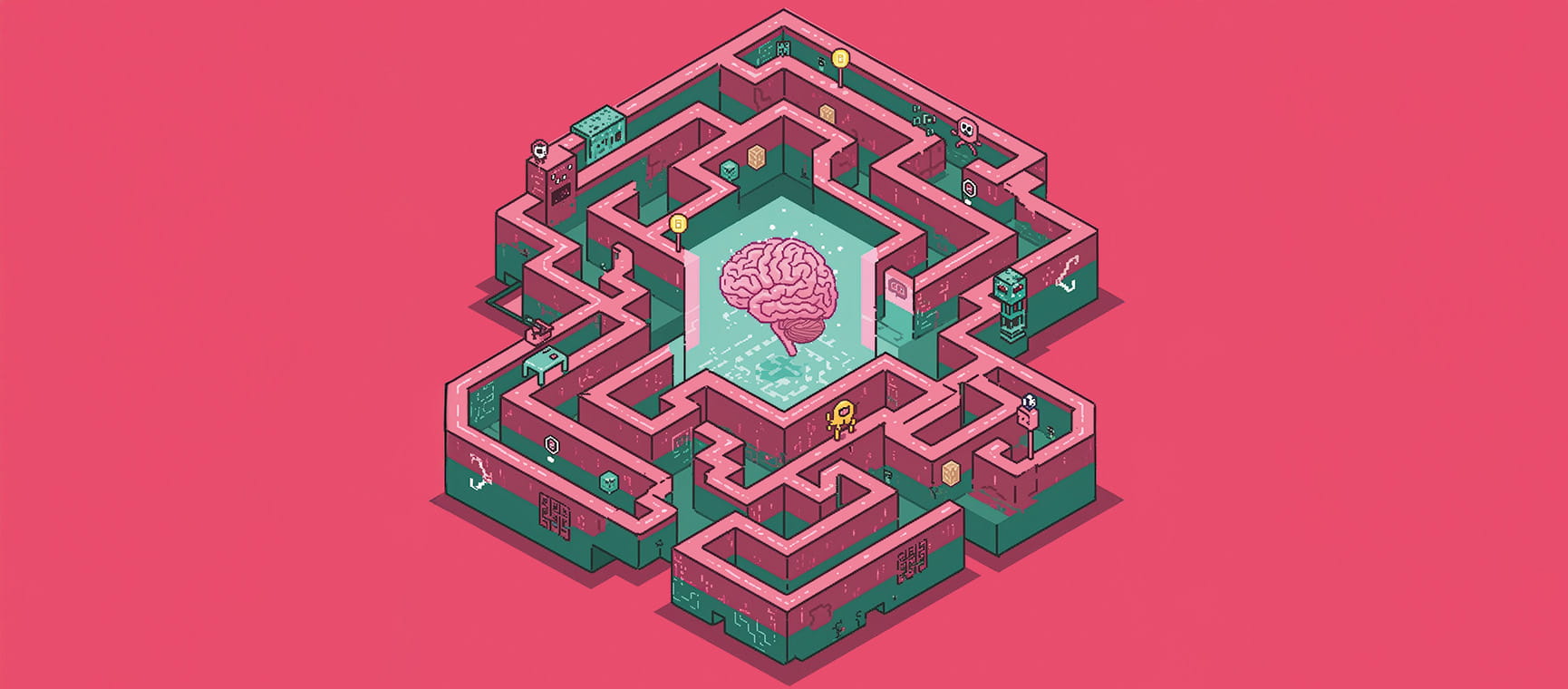Health & Wellbeing
Our experts show you simple and effective ways to stay healthy and active, so you can live your passions every day.

How our brains change at 66 and 83
We examine the science and how to best look after our brain as we get older.

The 7 signs you need a new pillow
Sleep experts say a worn out pillow could be sabotaging your sleep.

The surprising link between calf muscles and dementia
Strong calves for a strong mind: how they support our circulation and brain health, with easy moves to strengthen yours at home.

I tried hypnotherapy to cut down on alcohol
Could hypnotherapy help our writer cut back on her nightly glass or three of wine?

What to eat in your 60s, 70s and 80s
Expert nutritionists break down the most important foods to eat in each decade as we get older.

Dr Miriam Stoppard: 4 ways to help combat loneliness
With almost half of us feeling lonely every week, our relationship expert shares her advice on simple actions to break the cycle of loneliness.

How our brains change at 66 and 83
We examine the science and how to best look after our brain as we get older.

12 easy ways to keep your brain sharp and beat memory loss

We test 5 brain training apps. Do they work?
Spending too long hunting for lost words, or your glasses? Brain training apps might help tone up your grey matter.

Gout: all you need to know

Warning: the 9 everyday foods not to eat with medication
Our expert guide to the common foods you shouldn't mix with prescription drugs.

What's the best healthy sugar alternative?

What are white, pink and brown noise, and can they help your health?
You may know about white noise, but how about pink and brown noise? Learn their benefits.

The best smart rings - our expert shares his 4 top choices

For a limited time, enjoy 3 issues of Saga Magazine for just £1. Receive the next 3 print editions delivered direct to your door, plus 3 months’ unlimited access to the Saga Magazine app—perfect for reading on the go.
Don’t miss your chance to experience award-winning content at an exceptional price.
Play our free daily puzzles
Beat the boredom and exercise your mind with our selection of free puzzles.



